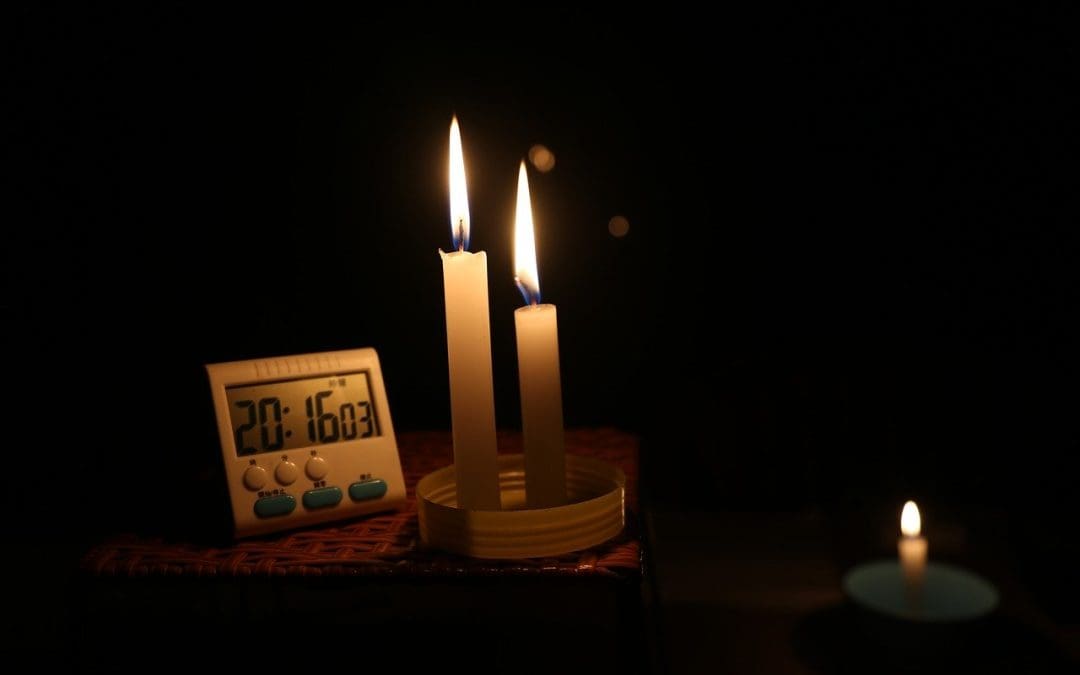Power outages can occur unexpectedly, leaving you without electricity for hours or even days. Preparing for these situations in advance can help ensure you and your family remain safe and comfortable. Here’s a comprehensive guide on how to prepare for a power outage.
Stock Up on Essential Supplies to Prepare for a Power Outage
First and foremost, gather all the necessary supplies that will help you through the outage. This includes non-perishable food items, bottled water, and a first aid kit. Aim for at least a three-day supply of food and water for each member of your household. Don’t forget essential medications and any specific needs for infants or pets.
Invest in Backup Power Sources
Consider investing in backup power sources such as generators or battery backups. Generators can provide temporary electricity for essential appliances and devices. Ensure you have enough fuel to run the generator for several days and store it safely. Battery backups or power banks are useful for charging small devices like phones and tablets.
Create an Emergency Plan
Having a well-thought-out emergency plan is crucial. Discuss with your family what to do in case of a power outage. Designate a safe place to meet if you get separated, and make sure everyone knows how to contact each other. Keep a list of emergency phone numbers handy, including local utilities, emergency services, and family contacts.
Think About Safety When You Prepare for a Power Outage
During a power outage, it’s important to maintain safety within your home. Install smoke detectors and carbon monoxide detectors with battery backups. Ensure that you have a fire extinguisher readily available. Avoid using candles due to the fire risk; use battery-operated flashlights and lanterns.
Stay Informed and Communicate
Stay informed about the situation by listening to a battery-powered or hand-crank radio for updates from local authorities. If you have a smartphone, conserve its battery by using it sparingly and keeping it on low power mode. Social media and community websites can also provide valuable information during an outage.
Prepare Your Home
Before an outage occurs, take steps to prepare your home. Insulate your home to retain heat during winter outages and keep it cool during summer outages. Install surge protectors to protect your electronics from power surges when electricity is restored. Know how to operate your garage door manually, and ensure your security system has a battery backup.
Conserve Energy
During a power outage, conserve energy as much as possible. Limit the opening of refrigerators and freezers to keep food cold longer. Use natural light during the day and rely on flashlights at night. Avoid using unnecessary appliances and unplug electronics to prevent damage from potential power surges.
Remember Your Neighbors When You Prepare for a Power Outage
Community support is vital during a power outage. Check on your neighbors, especially the elderly, disabled, and those with young children. Offer assistance if needed, and share information about resources and updates. Building a supportive network can make enduring a power outage much easier for everyone.
Being prepared for a power outage can significantly reduce the stress and potential hazards associated with losing electricity. By stocking up on essential supplies, investing in backup power sources, creating an emergency plan, and maintaining safety, you can ensure that you and your family remain safe and comfortable until the power is restored.
FAQs
Are there any specific preparations for those with medical needs?
Yes, individuals with medical needs should have a plan in place. Ensure you have an adequate supply of medications and medical supplies. If you rely on electrically powered medical equipment, arrange for a backup power source, such as a generator or battery backup, and inform your utility company about your medical needs.
Can I use my car to charge electronic devices?
Yes, you can use your car to charge electronic devices using a car charger adapter. However, ensure your car is in a well-ventilated area, ideally outside, to prevent carbon monoxide buildup. Avoid draining your car battery completely.
What should I do after the power is restored?
After power is restored, wait a few minutes before turning on major appliances to avoid overloading the system. Check your food for spoilage and discard any items that have been above 40°F for more than two hours. Reset clocks, alarms, and other devices, and inspect your home for any damage caused by the outage.
How can I keep my food safe during a power outage?
Keep refrigerator and freezer doors closed as much as possible. A refrigerator will keep food cold for about four hours, and a full freezer will maintain its temperature for approximately 48 hours if unopened. Consider using coolers with ice to keep perishable items cold if the outage lasts longer.
All Pro Property Inspections provides professional inspection services to homebuyers and sellers in the Greater San Diego area. Contact us to schedule an appointment.

